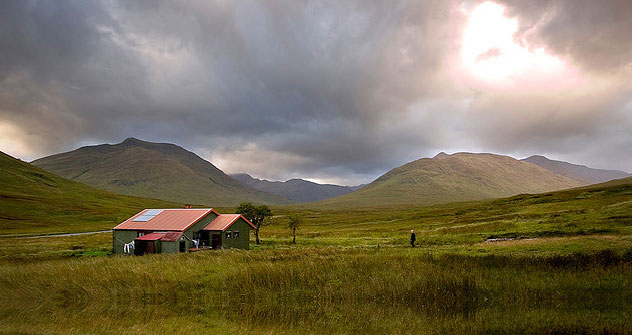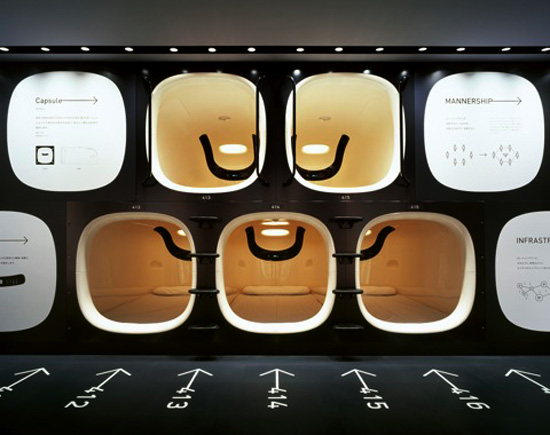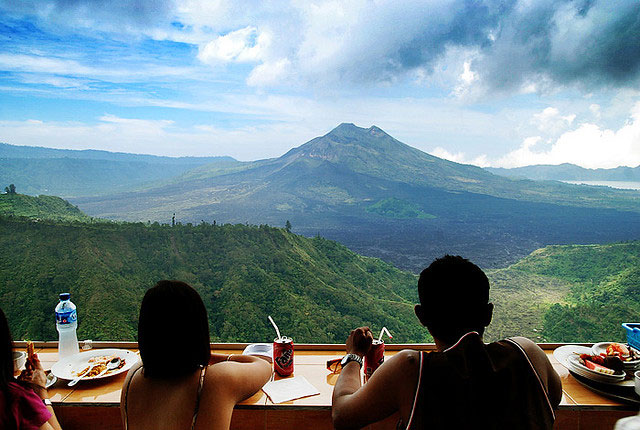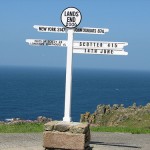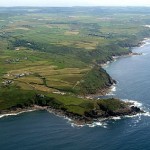Land’s End, “The End Of The World”
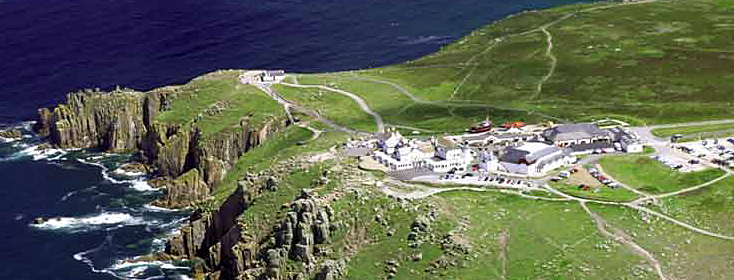
Prior to the discovery of certain facts, discoveries and findings – such as the planet being round and the continent of America – it seems now that people are being to holiday further afield as they believe that Land’s End in Cornwall has nothing on the Algarve.
The historic town of Faro in the Portuguese region was known as the end of the world. This is simply because as far as anybody in Europe knew, it was land which could be found over nothing but flat endless oceans. The Portuguese themselves weren’t entirely convinced of course and did eventually venture off and discover the rest of the world – taking over quite a bit of it for a while and becoming the first truly global imperial power.
All of that is history these days and in the peaceful region of the Algarve it’s still easy to believe that you can discover the very last hidden corner of earth.
The region seems to have been designed for quiet relaxation; it doesn’t have as much in the way of cultural attractions as some areas of Portugal but it does boast some of the best and cleanest beaches in Europe. The region’s history, in part, accounts for its unspoilt natural environment that has not suffered from over-development.
In 1755 a massive earthquake struck Portugal and much of the Algarve was destroyed. The capital, Lisbon, was also badly damaged and coastal fortresses and villages in the Algarve were damaged or obliterated.
Only Faro was relatively unscathed; protected from the tsunami the earthquake generated by large sandbanks, the town largely survived. Faro remains the oldest settlement from the pre-earthquake days in the Algarve and for this reason has become an important cultural and tourist attraction.
The fatalities and devastation wreaked by the quake were so great that it took many years for the reconstruction to be completed in Lisbon and the surrounding areas. It is largely due to these tragic events that the Algarve was left a largely under-developed.
Valuable and Valued Landscapes
Typified by wild Atlantic coastlines with plunging cliffs and unspoilt – often protected countryside – the region is a true haven today. While in the past the region did not suffer heavy development, in more recent years development has catered to the tourist industry and there are a fantastic range of high quality resort developments that feature villas, clubs and a range of activities. Yet the development is not intrusive as it can be in some European destinations and the Portuguese value and protect large areas of the Algarve.Golf is a very popular sport here and Portugal’s Algarve region has some of the best courses available, in some of the finest settings imaginable in the whole of Europe. Beaches are a strong part of the attraction here too; they tend to be quieter than Portugal’s Iberian sibling Spain’s and they are also some of the cleanest to be found in Europe.
Portugal has well over a hundred European Union designated ‘blue-flag’ beaches and thirty of these are on the coast of the Algarve.
A World Apart
The climate in this part of Portugal is more Mediterranean than in the rest of the country and the beaches, countryside and national parks are bathed in warm to hot sunshine for much of the year. Hills to the north of the region physically separate it from the rest of the country and cultural influences are broad, having been under Muslim rule until the 13th century.Today, along with the well developed tourist resorts such as the Monte da Quinta Club, good transport links in the form of both roads and railways run along the coast. This means that although you may feel you have truly escaped to the ends of the earth, getting about once you are there is no mean feat if you choose to.
Steven Capocci is a freelance writer who believes that the Algarve is still an undiscovered world. Developments such as the Monte da Quinta Club make it easy for you to start your own exploration trip to discover as much as you can of the Algarve.


